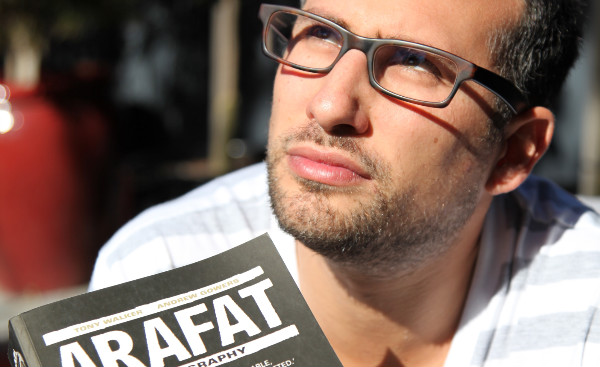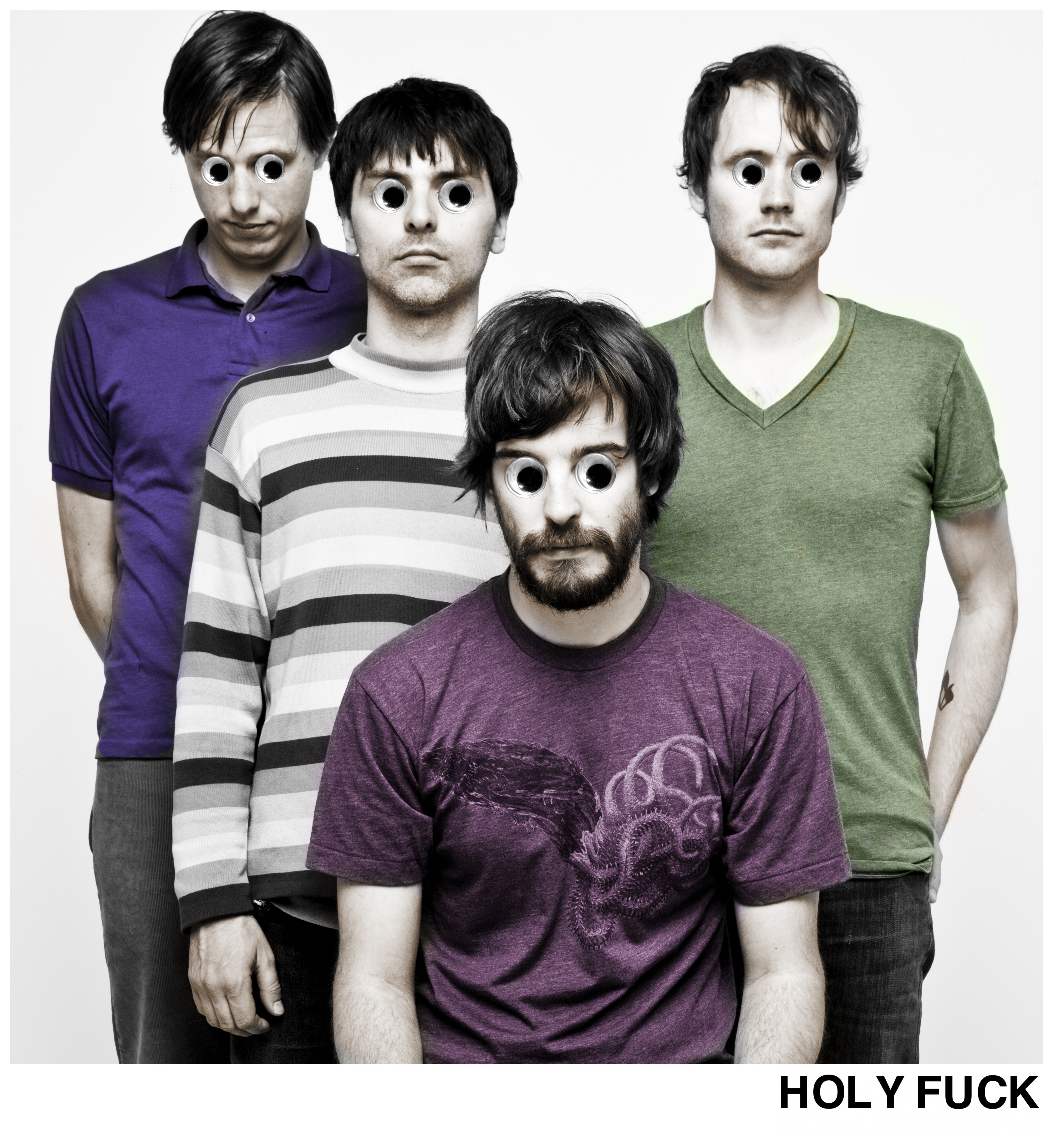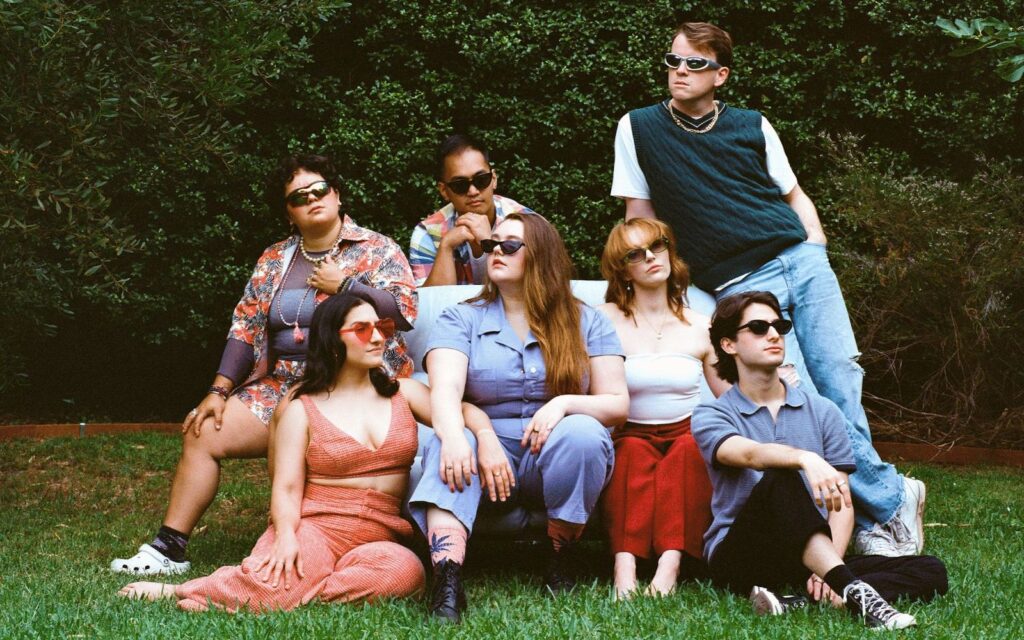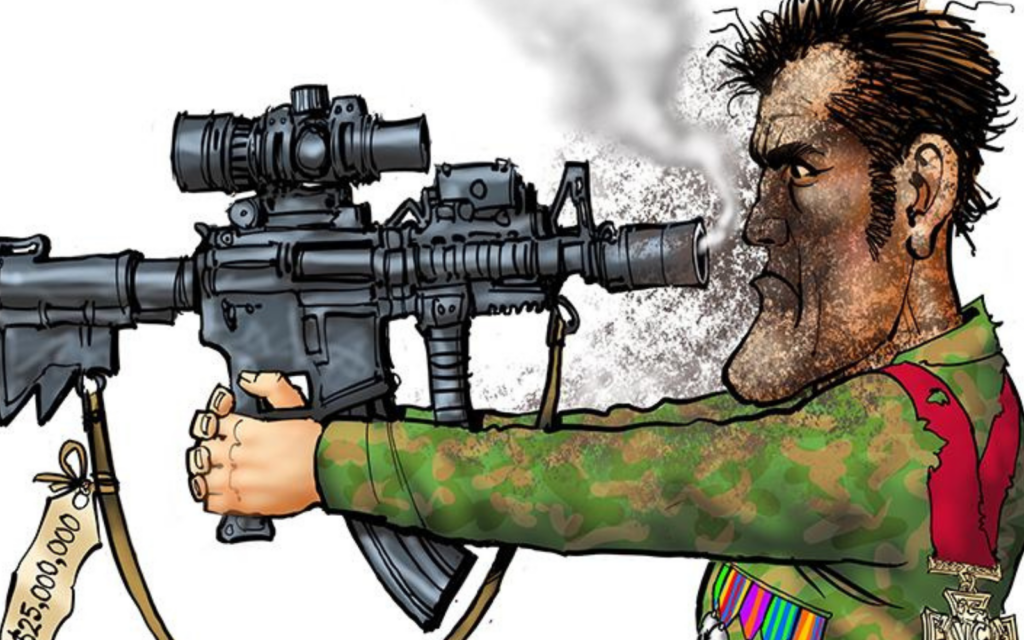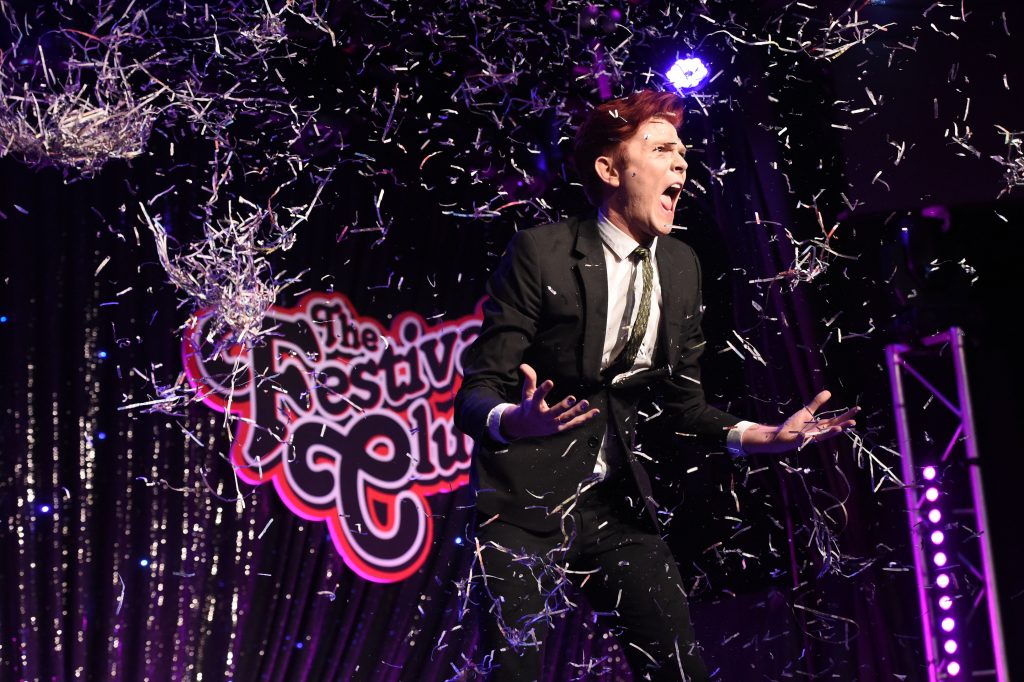Jeremie Bracka is in Melbourne performing his hilarious new comedy show, Arafat in Therapy.
What do Woody Allen, Jerry Seinfeld and Billy Crystal have in common? Are you finding it difficult to answer this question without treading on some delicate, politically-correct toes? The widely-known truth is that most stereotypes have a basis in reality and the three comedians have built a reputation on successfully exploiting theirs. In fact the label of the ‘neurotic Jew’ is not easy to dispel when much of the male, Jewish comedy, centres around self-deprecation, neuroses and an unhealthy love for one’s mother.
For Jewish comedian and human-rights lawyer, Jeremie Bracka, “self-deprecation is one of the remedies to all ailments after chicken soup.” But taking the piss out of yourself is not only a Jewish form of shtick. As Jeremie notes, it’s also very Australian. “I consider myself really blessed that I’m both an Aussie and a Jew. Australians see the world with objectivity because we’re so far away from everything. We get the idea that life’s a bit too serious to take too seriously and I love that.”
His attitude is evident in his new production Arafat in Therapy which deals with the very serious and unrelenting situation in the Middle East. Yet Bracka has found a humorous avenue in which to look at the crisis, one where he doesn’t stray from making fun of his cultural perspective which was methodically concocted by the overbearing upbringing of his adoring, “ignorant Eastern-European” parents. In this way it’s an autobiographical piece set against the backdrop of the Palestinian conflict. “I put the show together as the narrator,” says Jeremie. “I’m actually in therapy, so a lot of the narration comes in my therapy sessions with Arafat as the therapist. “
As well as self-deprecation being a remedy, the comedic form also holds a practical advantage which lies in the fact that in mocking yourself, you gain the creative licence to deride others. “I make fun of the media, I make fun of the human rights world, the diplomats the UN,” he lists. He even makes fun of his previous boss, Uri Savir who “was a serious character once upon a time in Israel.” Indeed Savir was the chief negotiator of the Oslo Accords – a major milestone in the ongoing Isaeli-Palestininian peace talks in the 90s. Now he is the head of a peace organisation, one which used to employ Bracka’s skills.
“What’s been very lucky for me is that my professional career actually feeds into my comedy. The two central characters in the show are an Israeli and a Palestinian who are an amalgamation of people I had interviewed when I was working at the peace organisation. They’re the ones who sorta get sidelined from all the other action.” And yet, the truth is that “they’re the people who are the conflict. What you hear about in the news is the UN passing this resolution and that resolution, but actually for the two characters to really reflect on what’s going on [in the political world] seems to me as improbable as Arafat lying on a couch in therapy.”
Speaking of Bracka’s legal career, let’s move onto the other popular stereotype, the one with a more positive spin – namely that all Jews are smart. Generally this means that they are either lawyers or doctors. In Jeremie’s case it became apparent at the age of five, when he had a hysterical reaction to his first sighting of blood that he was never going to be the latter. He painfully recalls his concerned mother’s reaction in a beautiful Eastern European accent: “It’s okay darling, don’t cry. You can always study law.”
Luckily, for his clients and possibly for the world, Bracka is the kind of lawyer who sees “past the bullshit”, so to speak. He gets the farce of diplomacy, just like we get the stupidity of Miss Universe candidates exclaiming that they want nothing more than ‘world-peace’. “In our generation and certainly in my circles, human rights is a fashion and I think it’s really important that I’m aware of the extent in which that fashion has influenced me in my life.”
And in that fashion, or perhaps in opposition to it, he makes fun of “that middle-class, do-gooder, armchair socialist stuff.” One of his characters in Arafat in Therapy is Doreen, a South-African housewife who runs an organisation called Socialites without Borders. “She’s in the West Bank teaching Palestinians how to mingle as a way of bringing peace,” laughs Jeremie.
“The Middle East is like a spectator sport,” he continues, “where people like to watch what’s going on but nobody’s really concerned with what’s really going on with the day-to-day lives of people. There’s this major gap between idealism, human rights and international law and the UN and diplomats, and people on the ground living their day-to-day lives. And I make a comedy of that, a lot.”
And for the man who speaks both fluent Hebrew and Arabic, sides are irrelevant. People are people, regardless of whether they live on the Muslim or Jewish side of the Jerusalem divide.
Besides drawing inspiration from his day job, he is stimulated by other comedians such as Sasha Baron Cohen, who Bracka has been likened to in the past, especially after he performed his last show, Enough About Me… Let’s Talk About Jew! But one of his “bigger inspirations for this show is actually Billy Crystal. What I like about his work altogether is that he’s very funny and can do a lot of hysterical characters, but at the same time he’s got a lot of pathos and a lot of empathy for the characters and for the audience. So his comedy can move you as well as can make you laugh.”
It sounds like with his own admirable mix of unbiased compassion and amusing perspectives, Jeremie may be able to do just that.
Arafat in Therapy will be showing at Theatre Works in St Kilda on February 9, 10, 12 and 13 from 8:00pm. Tickets are $30 and you can book them at theatreworks.org.au or 9534 3388.
